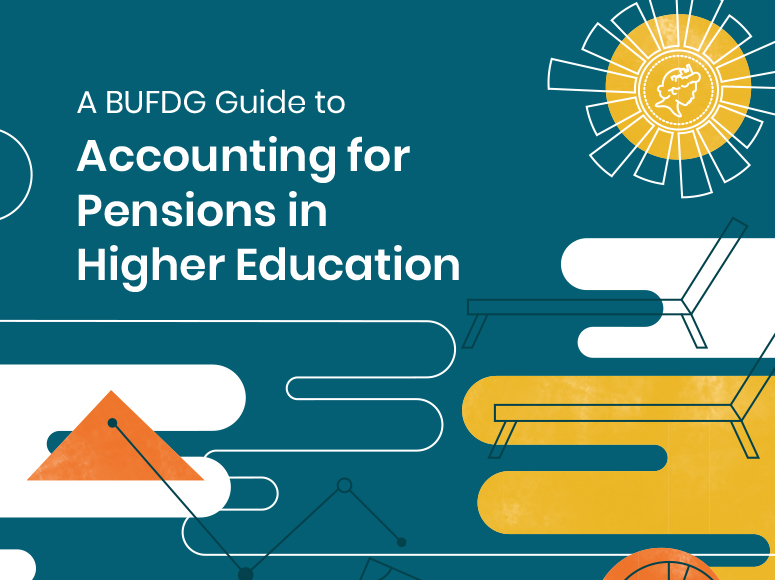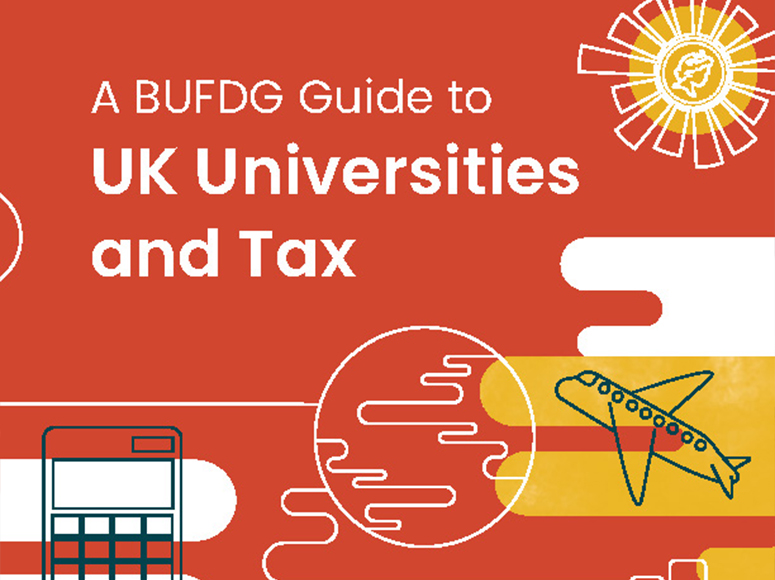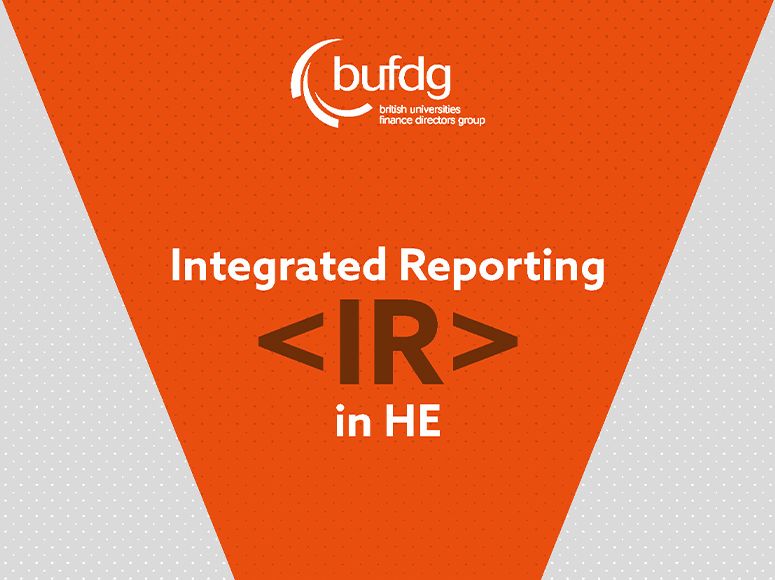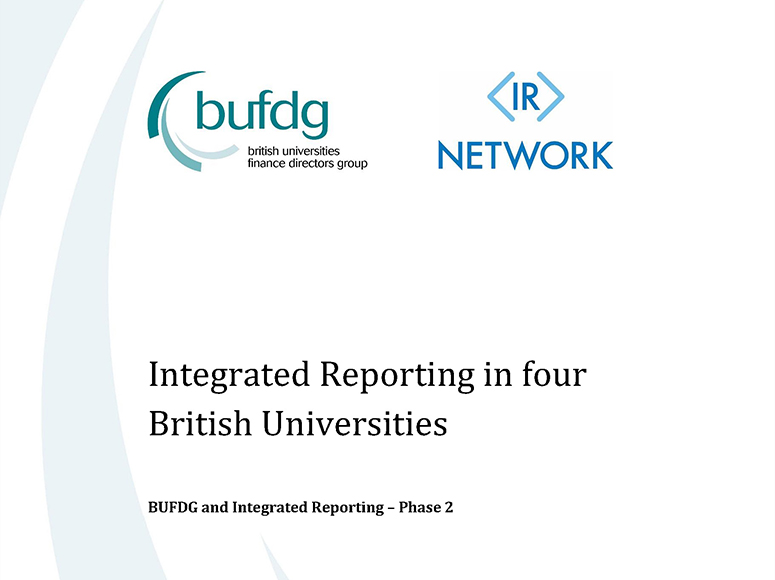Universities are complex and unique organisations. They teach students of all ages, in almost every subject you can think of, on green campuses, in bustling cities, and at a distance, to learners in their own homes. They expand human knowledge by undertaking research in a mind-boggling range of areas. They are key anchors in their local communities, and regional hubs of economic activity. They are major employers, magnets for national and international collaboration, and an important pillar of civil society. No other kind of organisation comes close to the variety and scale of universities’ educational, entrepreneurial, charitable, and social activity.
Having a unique place in the world requires an unusual business model, that facilitates a wide range of operations. It also requires a unique way of accounting for how universities generate and spend their income and create value for all their stakeholders. It is a topic that is little- or often mis-understood beyond the walls of university committee meeting rooms. These pages contain a range of resources that explain how universities operate and create value, and how their finance teams account for it all. If you have any feedback or comments, please get in touch with Matt.
As part of a research project funded by the Nuffield Foundation ahead of the next general election, London Economics have undertaken a range of in-depth analyses in relation to higher education fees and funding arrangements across the four parts of the United Kingdom. It contains high-quality insight into how funding systems differ across the four countries of the UK, and is essential reading for all those in the sector. You can read more on the HEPI website here.
And if you're looking for information on how much it costs to attend university in different countries in the UK (2024), and how student loan repayments work, then these two explainers from the BBC should help.
In 2002, BUFDG published Inside Track, a helpful guide to implementing finance systems in UK universities. For over 20 years, it has been drawn upon by institutions across the country and has helped steer their thinking and planning through what can be a daunting and difficult process.
Back in 2002, ‘cloud’ was very much an emerging concept. Now, the cloud is the default option for hosting IT systems. The benefits and rewards of moving to a modern, cloud-enabled, software as a service (SaaS) set-up can be enormous. This guide is designed to help providers achieve those rewards with a minimum of stress, complexity and unexpected setbacks.
The efficiency, functionality and power of core finance and other ERP systems has hugely increased. The cost proposition has changed too – moving from a largely one-off capital spend profile to a subscription-based model.
BUFDG, together with KPMG, has undertaken a refresh of the guidance to take account of today’s technology, market, and sector trends. In Ahead in the Cloud we have drawn on the experience, thoughts, and advice of several senior Finance, IT and transformation leads in a sample of universities around the country.
We hope that this proves a useful resource for transformation in the sector. If you have any questions, please contact Matt.

Over the years BUFDG has worked to improve understanding of university business models and financial accounting. In 2019 we launched an accessible new guide, Understanding University Finance, to be a useful companion for the broad church of university stakeholders and brave Annual Report explorers. In its first year, the guide was downloaded over 5,000 times.The guide was updated again in 2021, and we have now published a 3rd edition, for August 2024.

It is written for university governors, non-accounting staff, students, staff representatives and student representatives as well as for Finance Directors and colleagues in finance teams tasked with producing financial statements and accompanying notes. The Guide is not a 30-minute quick-read to furnish the reader with full understanding of a topic that takes accountants many hours to learn. Rather, it is designed to help readers who start with different levels of understanding to navigate the numbers and extensive notes to the accounts to appreciate why pension schemes can cause significant impacts on universities’ reported results and reserves.

The document provides a high-level overview of the many areas where tax impacts on UK universities, looking at taxes relating to people, income, and expenditure. There is a myth that universities, as charities and/or public bodies, simply do not pay tax, and so tax is not an issue. Unfortunately, this is not the case, as the guide demonstrates! So, whether you: work in academia, estates, finance, governance, HR, international development, planning, procurement, or research; have worked in the university sector for some time or are new to it; need a refresher, or; are simply curious about tax and universities, we hope that you will find the new guide useful.
The Structure of Finance Teams survey report 2023 sought to gain a broader understanding of the finance leadership, functions, and departmental structures within BUFDG member universities, to offer insights into how other universities work. 80 Higher Education Providers (HEPs) from BUFDG’s membership responded to the survey to provide the information in this report, along with corresponding benchmarking data that can be downloaded here. If you have any queries relating to this report please contact Joni. Please note that this report is available to BUFDG members only (who must be logged in to download) and should not be shared without prior permission.
BUFDG has undertaken a number of different projects to introduce and develop the Integrated Reporting (IR) framework in Higher Education. At a time when Higher Education Institutions need to communicate with a wide range of stakeholders, BUFDG and many of its members feel that IR offers a structure that can help. Using the International IR Framework and looking at the six capitals – financial, manufactured, intellectual, human, social and relationship, and natural – can help university managers, academics and governors approach “the value question” in a more holistic way.
For phase one, BUFDG used an abridged framework to assessed annual reports of six universities, and published the findings alongside the developed framework. In phase two, BUFDG and four universities agreed to join the IR Network, and a Specialist Panel, convened by the International Integrated Reporting Council (IIRC), reviewed universities 15/16 annual reports and financial statements. You can download and read these reports in the links below.
In 2017 the baton was passed to Advance HE (formerly the Leadership Foundation), who undertook a project to bring together entire leadership teams (not just finance) at 10 HEIs. The project was supported by funding from the funding councils, and aimed to embed integrated thinking and IR across the whole institution. The project concluded in the Summer of 2018, and more information can be found on the Advance HE website.

